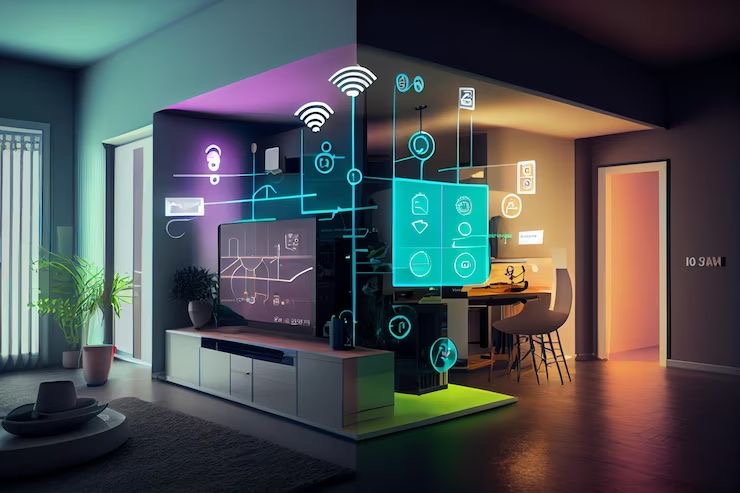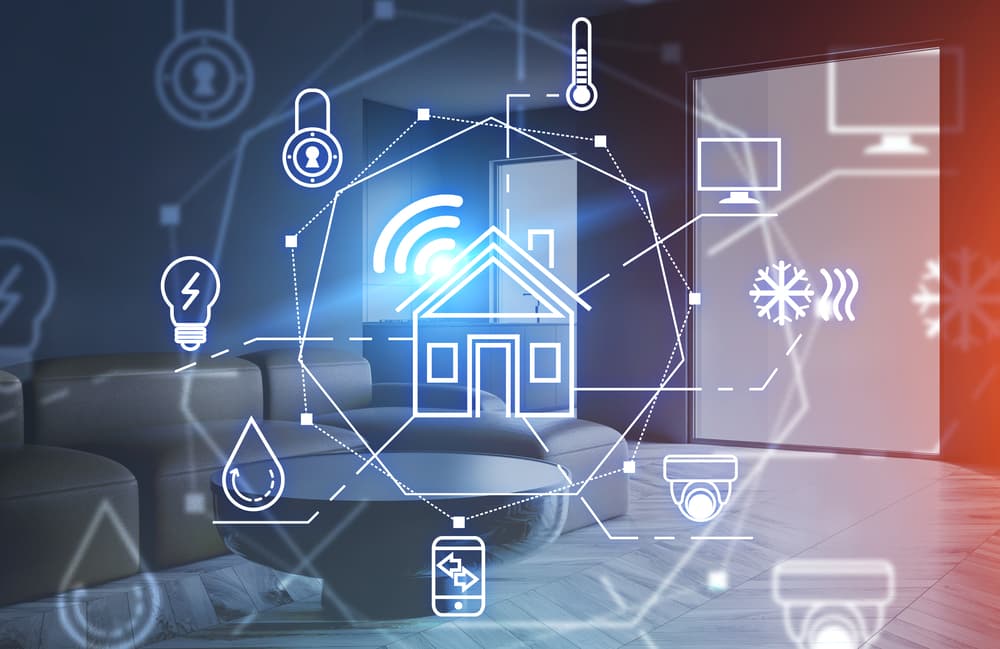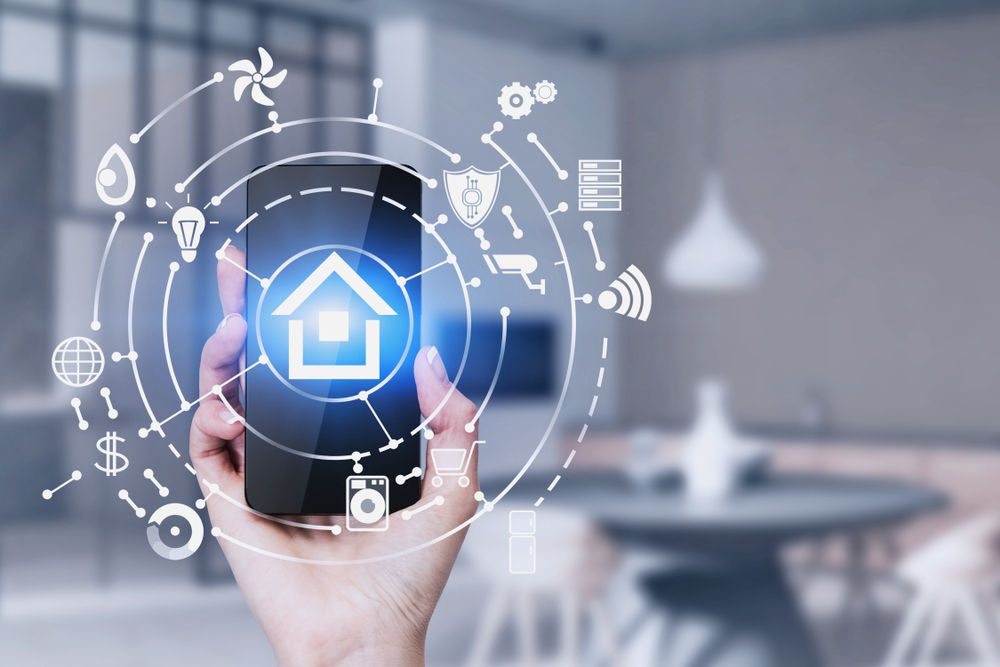
How Smart Homes Save Money: Innovations to Invest In
Share
In today's rapidly advancing technological landscape, the concept of smart homes has become a buzzword among tech professionals and enthusiasts alike. As we navigate through an era defined by connectivity and automation, understanding how smart homes save money is pivotal for both homeowners and tech aficionados. This exploration will delve into the myriad ways smart technologies can lead to significant cost savings, offering insights and innovations worth investing in.

The Power of Smart Thermostats
One of the most effective ways smart homes save money is through the use of smart thermostats. These devices learn your schedule and preferences, adjusting temperatures to optimize energy use. According to the U.S. Department of Energy, homeowners can save up to 10% annually on heating and cooling by simply lowering their thermostats by 7-10 degrees for eight hours a day. Smart thermostats make this process seamless and intuitive, ensuring comfort is never compromised.
Energy-Efficient Lighting Solutions
Another significant area where smart homes contribute to cost savings is through energy-efficient lighting. Smart bulbs and lighting systems not only allow for automation and remote control but also integrate with other smart devices to enhance energy management. For example, integrating smart lighting with eco-friendly smart home systems can further reduce energy consumption, leading to lower utility bills.
Smart Appliances: The Silent Savers
Smart appliances play a crucial role in how smart homes save money. From refrigerators that notify you of expiring items to washing machines that optimize water usage, these appliances are engineered to minimize waste and enhance efficiency. Investing in such technologies not only leads to direct savings on utility bills but also promotes a more sustainable lifestyle.
Security Systems that Do More
Modern smart security systems go beyond just safeguarding your home; they also contribute to cost efficiency. By integrating smart cameras, motion sensors, and automated lighting, these systems can reduce energy waste by ensuring lights and devices are only activated when needed. This integration can be particularly beneficial in large homes or properties where energy management can be challenging.
Water Conservation Through Smart Plumbing
Water bills can be a significant expense for homeowners, but smart plumbing solutions offer a path to savings. Devices like smart leak detectors and automated irrigation systems ensure optimal water use. For instance, a solar-powered leak detector can prevent costly water damage by alerting homeowners to leaks before they become major issues.
Integrating Renewable Energy Sources
Smart homes often incorporate renewable energy sources like solar panels, which can dramatically reduce reliance on traditional power grids. By integrating these with smart home systems, homeowners can monitor energy production and consumption in real-time, optimizing usage for maximum efficiency. Such integration not only saves money but also contributes to environmental sustainability.
The Future of Smart Homes and Cost Savings
As technology continues to evolve, the potential for smart homes to save money will only increase. Innovations such as AI-driven energy management systems and advanced home automation tools promise to further refine how we consume and conserve resources. For tech professionals and enthusiasts, staying abreast of these developments is crucial to maximizing the benefits of smart home technologies.
Conclusion
The journey towards understanding how smart homes save money is one of embracing innovation and sustainability. By investing in smart technologies, homeowners can enjoy not only the convenience and security of modern living but also significant financial savings. For those eager to explore further, resources such as Green City Times offer insights into the latest trends in green home tech.

FAQ
Q1: How do smart homes save on energy costs?
A1: Smart homes save on energy costs by using devices like smart thermostats and lighting systems that optimize energy usage. These technologies adjust to user behavior and environmental conditions to reduce unnecessary consumption.
Q2: Are smart home devices expensive to install?
A2: While the initial investment in smart home devices can be higher, the long-term savings on utility bills and the added convenience often outweigh the costs. Additionally, many smart devices are becoming more affordable as technology advances.
Q3: Can smart home technology improve home security?
A3: Yes, smart home technology enhances security through integrated systems that include cameras, motion sensors, and automated lighting, providing comprehensive protection while also contributing to energy savings.
